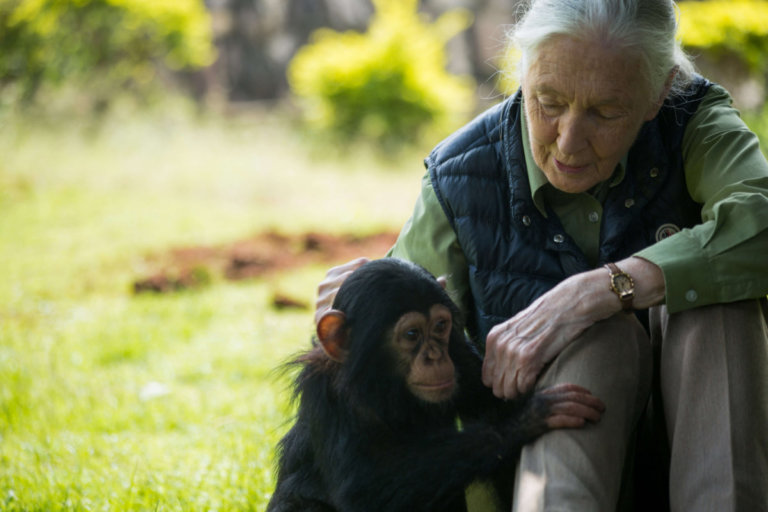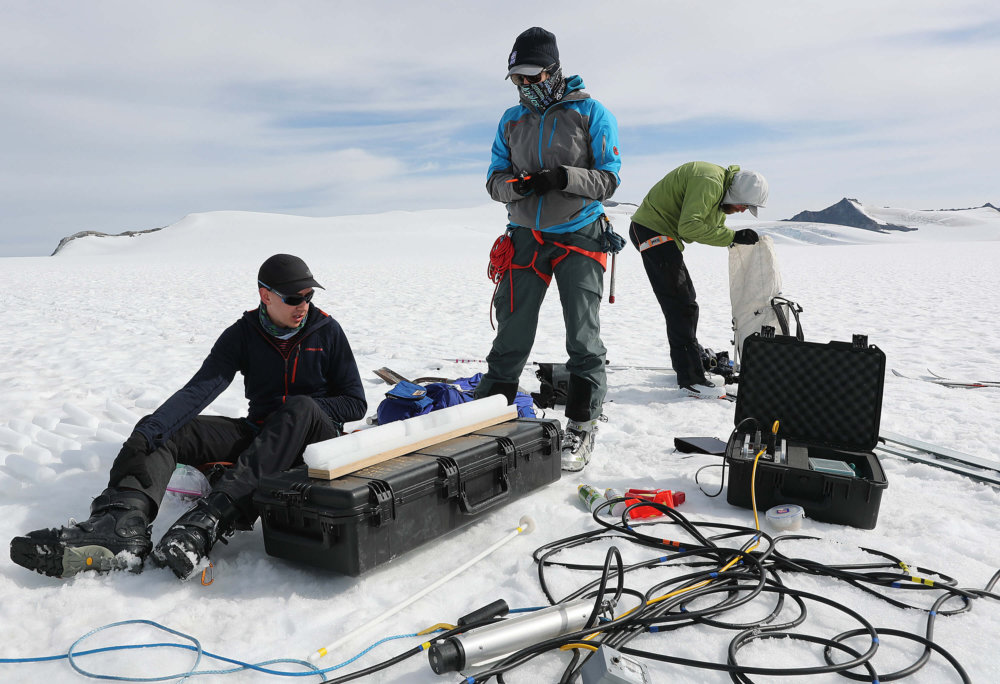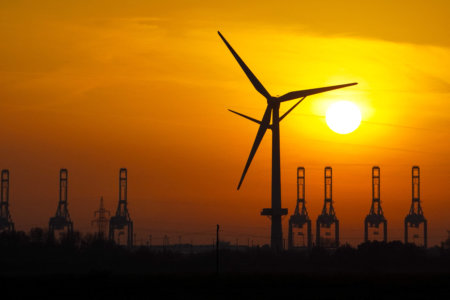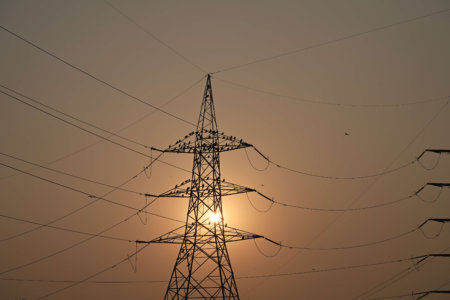
If you’ve been thinking of ways you could save the world, consider taking up environmental science.
Environmental science is the study of the relationship between man and his environment. A discipline older than civilisation itself, it is today used to further our knowledge of the natural world, as well as to develop policies and regulations to protect it.
Every sustainable practice has its roots in the study and application of environmental science, which positions it as an important discipline in the future workforce.
Before you embark on a degree in this discipline, let’s take a look at what’s in store.
What do I need to study environmental science?
Environmental science studies are wide-ranging and interdisciplinary.
Most entry-level degrees require a basic background in biology, chemistry, physics, and mathematics to begin with.
Further knowledge in geology and engineering will also be helpful, as well as a grasp of the humanities, including economics, history, law, and sociology.
Most importantly, you should possess a deep passion for sustainability, and seek to innovate methods and practices within your domain.

Environmental scientists taking core samples on the Wolverine Glacier on September 06, 2019 near Primrose, Alaska. The study of the Wolverine Glacier since 1966 show that the worlds warming climate has resulted in a sustained glacial mass loss as melting outpaced the accumulation of new snow and ice. Source: AFP
What will I learn?
As an environmental science student, you will study sustainability through environmental, economic, and social tenets.
The first year typically focuses on building a strong foundational knowledge across various scientific disciplines. There will be modules like core sciences, earth systems, field skills, and an overall introduction to environmental science and its challenges.
In the second year, you may tackle biodiversity, ecology, ecosystems, hydrology, as well as research methods and policy management, even exploring potential areas of specialisation.
The third year (or third and fourth year for a four-year programme) often involves more specialised and advanced coursework. It’s all about putting the theory you have mastered into practice — think about exploring advanced topics like conservation biology, landscape ecology, environmental policy and law, and wildlife management.
On top of this, expect to engage in a significant amount of field and lab work throughout your course. It’s only natural — environmental scientists spend time observing, recording and researching natural settings in order to better understand and protect them.
Towards your final semester, you may work on a research project or dissertation, or even take up an internship. Here’s where you will learn how to form a testable hypothesis, collect data, and present your results in a professional manner.
Which universities should I consider?
As the demand for environmental specialisation grows, so does the number of institutions offering relevant courses and qualifications.
Here are the top 10 universities for environmental science:
- Harvard University
- Tsinghua University
- Wageningen University & Research
- University of Oxford
- Stanford University
- Massachusetts Institute of Technology (MIT)
- University of California, Berkeley (UCB)
- ETH Zurich
- University of Cambridge
- National University of Singapore (NUS)
For some, the location matters, too. Nikshep Trinetra, who pursued his master’s in environmental science at Wageningen University & Research in the Netherlands, says the beautiful city has much to offer for students considering a degree there. It has a progressive approach to sustainability and is home to floating farms, advanced water management systems, and a strong focus on climate policy and research.
You won’t be alone either, as the Netherlands is a popular international student destination.
“Biking paths here are really well made, there’s a lot of manmade nature – trees planted exactly where they’re supposed to be – and many international students here,” he says. “Everyone spoke English. It felt like Amsterdam or London.”
Mega Trishuta Pathiassana, another environmental science graduate, shares how studying environmental science has brought her across several continents.
She has visited countries like Taiwan, Sweden, and even South Korea, where she completed her PhD in Forest Environmental Science, and was an awardee of the Graduate Scholarship for Excellent Foreign Student and the SNU President Fellowship Programme.
“I believed that if I studied abroad, I could learn something new and use that knowledge for my country, especially to develop the smaller communities in my area,” she said. “Maybe in the future, my research can benefit not just me but someone else and the larger community.”

Lumbermen work on the felling of eight 230 years old Sessile oak trees selected the week before to be used in the reconstruction of Notre-Dame de Paris Cathedral. Source: Jean-Francois Monier/AFP
What are my career options?
In a time when conservation is more important than ever, environmental science graduates can explore a wide range of career options.
They can consult, educate, or build. They become engineers, waste management officers, law enforcement agents, and water quality scientists.
Some work closely with the environment they protect as oceanographers, microbiologists, or marine biologists, and even join the WHO (World Health Organisation) or WWF (World Wide Fund for Nature) for professional careers.
Graduates from developing nations, in particular, may be in high demand as the most populous nations in Asia, like India, Pakistan, the Philippines, and Bangladesh, are among the most vulnerable to climate change.
Trineta is one such example.
Eager to kick off his professional career, he took up an internship at WWF and worked on navigation challenges in the Paraguay River.
Here’s his advice for those aiming to join these organisations or similar.
“Understand the organisation well: What do they do? What do they believe in? Do your values match?” he says. “Understand their work well; by talking to someone in the organisation, you can get a general idea of what the day-to-day looks like. It could help to reflect whether you want your day to look like that.”
For example, Trinetra expected to work on physical projects, but ended up working mostly behind a desk on reports and white papers. Certainly not the type of world-saving he expected to do, but he admits that it’s part and parcel of an environmental science career.
“Should you wish to try your luck, always be genuine in your applications and reviews,” he adds. “It is easier to send the same application to multiple organisations, but if you believe that you belong somewhere specific, they deserve to know you genuinely.”
How much would I earn?
Here are five options to explore:
Environmental specialist
Average salary: US$56,316 annually
Work to monitor environmental impact on a group of people, and uncover and propose solutions to challenging environmental issues.
These specialists mostly work in chemical or power plants, carry out samples on food, water, soil or air and implement prevention programmes to help minimise environment-related problems.
Environmental technician
Average salary: US$50,630 annually
Environmental technicians work to identify, assess and prevent various forms of contamination within the environment, and work in either the field or a lab.
Common duties include overseeing waste operations, collecting samples and helping to maintain equipment.
Environmental science teacher
Average salary: US$54,810 annually
If working in the field isn’t for you, consider imparting your wisdom to the younger generation.
Environmental science teachers in high school educate students about the natural world and how human activity impacts it.
Marine biologist
Average salary: US$46,773 annually
Feel the ocean calling? Perhaps consider a career as a marine biologist — these individuals focus on researching life within the ocean, and across other wetlands.
They typically observe and collect data, perform experiments and study marine animals and life.
Wildlife biologist
Average salary: US$62,022 annually
Wildlife biologists primarily study animals, and even assess them in their natural habitat to determine the differences between them and animals in captivity.
They also study animal characteristics to classify them and identify new species.
Disclaimer: This article was last updated on June 19, 2025.










